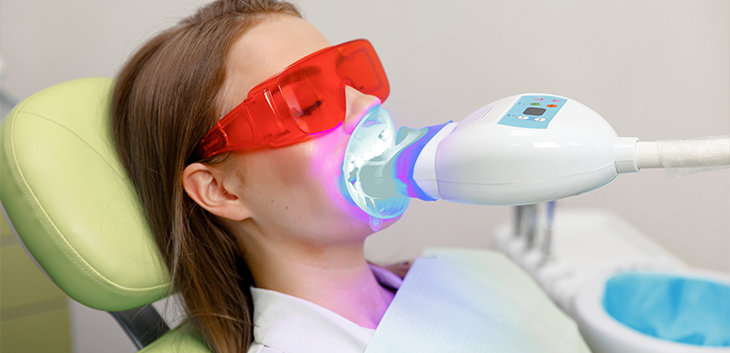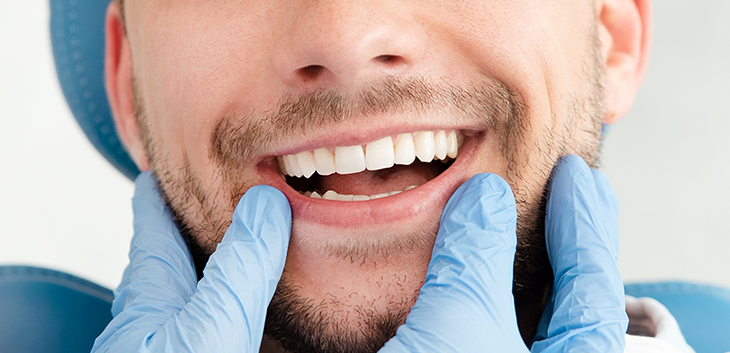Have you ever stood at the crossroads of a significant decision, weighing the options with careful thought? In the world of dental health, one such crossroad presents itself in the form of a crucial question: Should a tooth stay, or should it go? It’s not just about the tooth in question; it’s about the journey of maintaining a healthy, confident smile. Each tooth in our mouth has its own story – a bite of life, a chew of history. And when one of them is in peril, the decision to extract or save it becomes a narrative filled with dental expertise, advanced technology, and a touch of empathy.
This blog will take you through the intricacies of this decision-making process. From understanding when removal is the only option to exploring modern dental miracles that save a tooth against all odds, we’ll delve into the realms of dental health and patient comfort. So, sit back, relax, and let’s explore the fascinating world of dental decisions, where every choice leads to a healthier smile and a happier you.
When Should a Tooth be Removed?
Understanding when a tooth must be removed is crucial, not just for the sake of your oral health, but for your overall well-being too. Here are some scenarios where tooth removal becomes an essential consideration:
Severe Decay: When a tooth succumbs to extensive decay, it can compromise not only the tooth itself but also the surrounding teeth and gums. In such cases, if restorative procedures like fillings or crowns can’t salvage the tooth, extraction may be the only viable option to prevent further damage.
Damage Beyond Repair: Teeth can endure a lot, but they’re not indestructible. Trauma from accidents, sports injuries, or even hard foods can cause significant damage. When a tooth is fractured or broken beyond the point of repair, removing it might be necessary to alleviate pain and prevent infection.
Risk of Infection: Sometimes, the risk of infection in a particular tooth can pose a significant threat to your overall health, especially if you have a compromised immune system. In such instances, removing the tooth can be a proactive step to safeguard your health.
Overcrowding and Orthodontic Reasons: Orthodontic treatments often require sufficient space to realign teeth effectively. If your mouth is overcrowded, removing one or more teeth can provide the necessary room for the remaining teeth to be properly aligned, enhancing both the function and appearance of your smile.
Gum Disease: Advanced periodontal disease can lead to the loosening of teeth. In severe cases, where the support structure of a tooth is irreparably damaged, extraction might be the only solution to halt the progression of the disease and preserve the health of adjacent teeth.
Impacted Teeth: This is commonly seen with wisdom teeth that don’t have enough room to emerge or develop normally. Impacted teeth can result in pain, infection, and can even disrupt the alignment of other teeth.
Root Infection: Infection that reaches the root of a tooth, typically due to untreated cavities or injury, can sometimes be too complex to treat with a root canal. In such cases, extraction is considered to prevent the spread of infection.
In some cases, tooth removal is part of orthodontic work to ensure proper alignment of the remaining teeth. The decision to extract is not made lightly, but with careful consideration of both current dental health and future implications. It’s a collaborative process, one where your dentist will guide you through the options, ensuring you’re informed and comfortable with the path forward.
Is Tooth Extraction Necessary?
The decision to extract a tooth isn’t made lightly. Dentists always aim to preserve natural teeth whenever possible. Through advancements in dental technology, procedures like root canals, crowns, and dental implants offer alternatives to extraction, giving patients more options and preserving their oral health.
Root canals are an excellent option for saving a tooth with deep decay or infection in the pulp. During this procedure, the dentist removes the infected tissue, cleans and disinfects the tooth, and seals it with a crown, effectively salvaging the natural tooth structure. This method not only prevents the loss of a tooth but also maintains proper oral function and aesthetics.
Dental implants have also revolutionized the field of dentistry, offering a permanent solution for replacing missing teeth without affecting neighboring healthy ones. Implants are surgically placed into the jawbone, providing stability and functionality similar to natural teeth.
However, there are instances when extraction becomes necessary. When a tooth is beyond repair, severely damaged, or poses a risk to your overall dental health, extraction is a strategic decision aimed at preventing further complications. These complications may include infection spreading to adjacent teeth or the jawbone, causing more significant problems in the long run.
So, while extraction is not the first choice, it is sometimes the best course of action to maintain your overall oral health. Your dentist will carefully assess your situation and discuss all available options with you before determining whether tooth extraction is necessary.
Does a Tooth Extraction Hurt?
The thought of tooth extraction can be daunting, primarily due to concerns about pain. Modern dentistry has made significant strides in ensuring patient comfort. The procedure itself is typically performed under local anesthesia, which numbs the area around the tooth, making the process pain-free. Post-procedure discomfort is usually manageable with prescribed pain relief or over-the-counter medication. It’s vital to follow your dentist’s aftercare instructions to ensure a smooth recovery.
In conclusion, while the prospect of tooth extraction can be worrisome, it is sometimes the best course of action for maintaining overall dental health. Our dental office is equipped with state-of-the-art technology and a compassionate team ready to guide you through every step of your dental journey. If you’re experiencing dental discomfort or just due for a check-up, don’t hesitate to reach out. Scheduling an appointment with us is the first step towards ensuring your smile remains healthy and bright. Contact us today to discuss your dental needs and how we can help you maintain or restore your oral health.






